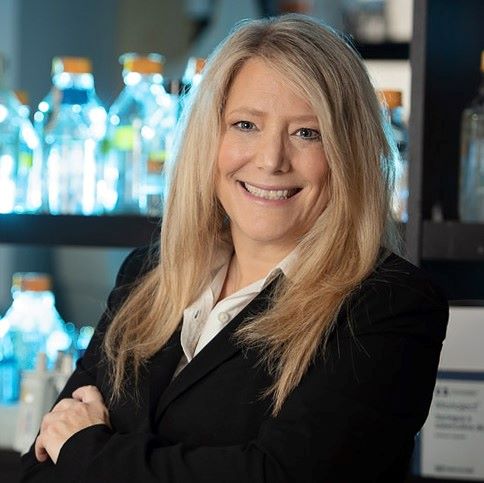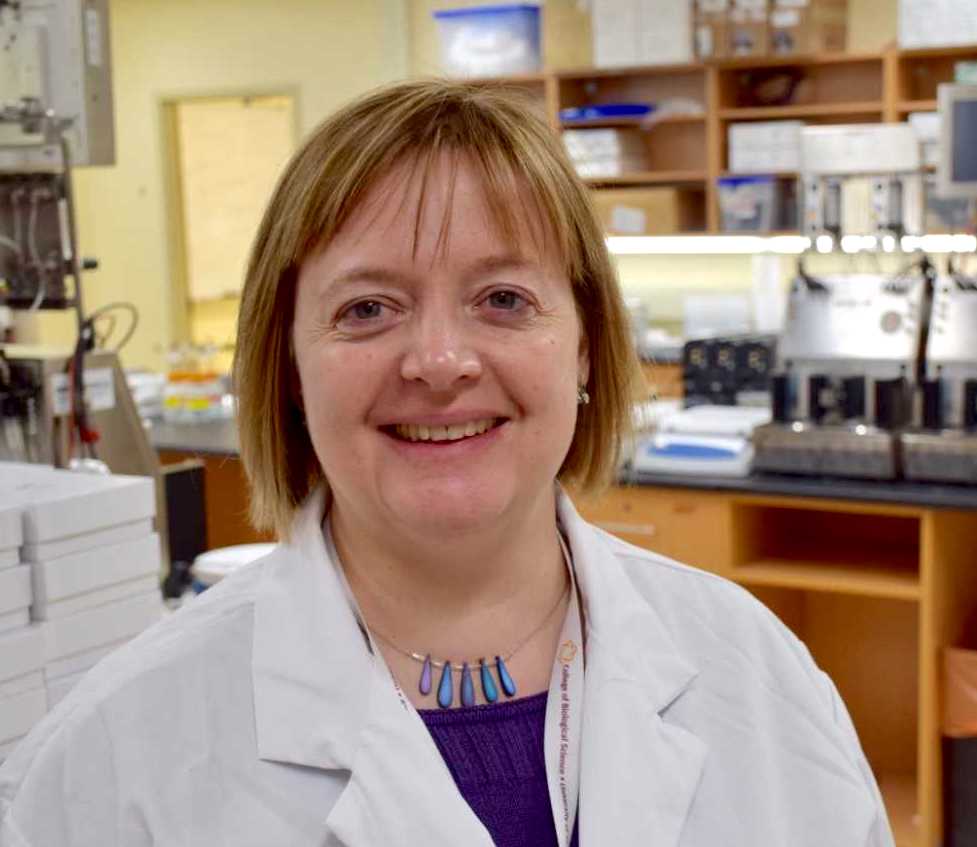
Healing from a heart attack? Eating some yogourt, popping a probiotic pill or eating at the right time of day might help you heal better, according to a new University of Guelph study.
The study shows that paying attention to what and when heart patients eat affects the body’s circadian system driving day-night rhythms, meaning that gut physiology – and especially the microbes that make up a healthy gut microbiome – can help in heart repair.
“We’re pretty excited about this because there’s a really easy bottom line,” said Prof. Tami Martino, Department of Biomedical Sciences. “This study demonstrates that there is a circadian influence on your gut microbiome, and that means there are simple food choices that we can make to help heal from a heart attack.”
The study appears in the Journal of Molecular and Cellular Cardiology.
Heart failure is a leading cause of death worldwide. Heart attacks trigger inflammation, including damage that eventually leads to incurable heart failure.
Earlier research revealed that our circadian system affects cardiac healing and gut physiology. In the heart, the circadian clock mechanism controls healthy cardiovascular physiology as well as healing from heart disease.
Circadian rhythms also function in the gastrointestinal (GI) tract. For example, many long-distance travellers have learned that eating meals according to their new time zone helps to reset their biological clock, enabling them to get over jet lag more quickly.

To investigate these heart-gut links and their importance in cardiac repair, Martino teamed up with U of G Prof. Emma Allen-Vercoe, Department of Molecular and Cellular Biology. Allen-Vercoe uses an artificial lab system to study gut microbes in health and disease.
The team showed that the gut microbiome composition in mice follows a day-night rhythm.
Next, the researchers used antibiotics to knock out the gut microbiome. They found that these mice had more trouble healing from heart attacks than mice with an intact microbiome. Restoring a healthy microbiome after the heart attack improved outcomes, including less scarring and greater prevention of heart failure.
Martino said antibiotic use is especially prevalent among older people in long-term care facilities who are also most at risk of cardiovascular disease (CVD).
“Reconstituting a healthy microbiome could readily reduce cardiovascular morbidities and help these individuals to live longer and healthier lives,” she said.
Importantly, the team saw benefits from restoring the microbiome only in mice with a normal circadian clock mechanism.
Using time-restricted feeding (TRF), the researchers also showed that mice fed during daytime healed more effectively than those fed at night. Martino said these findings suggest there are simple and practical circadian-based dietary therapies to influence gut biology and improve cardiac repair in patients.
So how does the heart-gut connection work?

The gut microbiome normally produces metabolites, including short-chain fatty acids, that help regulate immune responses important for healing after a heart attack. Disrupt that microbiome and you change that mix of metabolites, altering the normal immune responses. “You don’t heal as well,” said Martino.
She said microbiome therapies in clinical settings may help improve human healing, especially in the first few days after a heart attack.
Circadian-based approaches such as using TRF, restoring a healthy diurnal microbiome, and maintaining normal sleep and circadian rhythms can also benefit cardiac repair and improve patient outcomes.
She hopes gut microbial therapies will be used for other types of CVD. “Targeting the microbiome is our newest circadian medicine strategy for treatment of heart disease,” said Martino.
Her lab is also developing other circadian medicine therapies, including timing of drug treatments, use of lighting in intensive and coronary care units, and novel circadian-based drugs.
Holder of the Distinguished Chair in Molecular Cardiovascular Research, Martino is a career investigator for the Heart and Stroke Foundation of Canada (HSFC) and leads U of G’s Centre for Cardiovascular Investigations.
The paper’s lead author, Priya Mistry, completed her master’s degree in Martino’s lab and is now working in clinical cardiology.
Allen-Vercoe holds the Canada Research Chair in Human Gut Microbiome Function and Host Interactions. She studies the role of gut microbes in disease, including “missing microbes” that are becoming extinct in the gut microbiome of people in industrialized nations.
Through her spinoff company, NuBiyota, Allen-Vercoe is developing and testing microbiome-based therapies for disorders including C. difficile infection, cancer and diabetes.
This research was funded by HSFC and the Canadian Institutes of Health Research.
Contact:
Prof. Tami Martino
tmartino@uoguelph.ca